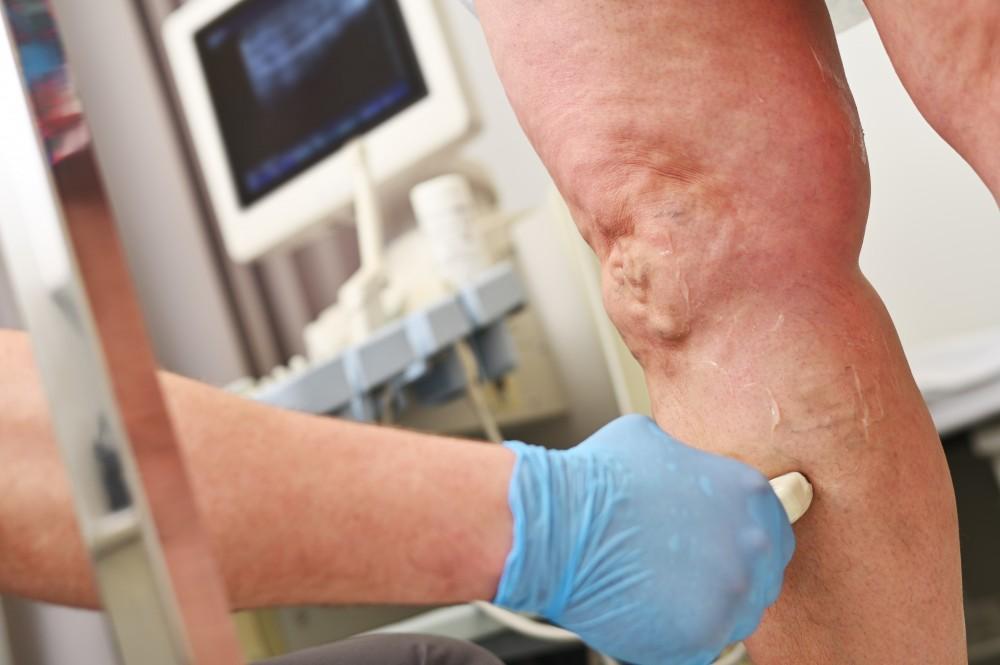
Are Varicose Veins Hereditary and How Can I Get Rid of Them?

If you've noticed varicose veins on your legs and wonder if genetics are to blame, you're not alone. We often hear this question at South Shore Vein and Aesthetic Medicine in Rockville Centre, New York.
Varicose veins are a common vascular condition that can be influenced by genetic factors.
Here's what you need to know about varicose veins and your family history, along with options for treatment, courtesy of dual board-certified David T. Jacobs, MD, DABR, DABVLM.
Are varicose veins hereditary?
Yes. Genetics can factor into whether you develop varicose veins. If one or both of your parents have varicose veins, you may be more likely to develop them yourself.
In a study of over 500,000, researchers identified a few ways your genes can influence your risk of varicose veins. First, the taller you are, the more at risk you are. Since your genes affect your height, this risk factor is hereditary.
Second, scientists found more than 30 spots — referred to as genetic loci — in human genes that are strongly linked to varicose veins. One of the strongest links is in a part of your DNA called CASZ1, which is also involved in controlling blood pressure. Another important spot is on chromosome 16, where a gene called PIEZO1 is found.
It’s important to remember that while not everyone with a family history of varicose veins will experience them, genetic predisposition can increase your risk.
Risk factors beyond genetics
Genetics can increase your risk of varicose veins, but they aren’t the only risk factors. Other risk factors include:
- Being overweight
- Standing or sitting for prolonged periods
- Having underlying conditions, such as chronic venous insufficiency
- Hormonal fluctuations
- Pregnancy
- Age
While you can’t change your age or genes, you can control modifiable risk factors, such as weight and activity levels.
How can you eliminate varicose veins?
Lifestyle changes, such as regular exercise, elevating your legs, wearing compression stockings, and avoiding prolonged sitting or standing, can alleviate symptoms and prevent varicose veins from worsening. However, those strategies won’t eliminate the ones you already have.
The good news is that several treatment options are available here at South Shore Vein and Aesthetic Medicine, including the following:
Sclerotherapy
Sclerotherapy is a non-surgical treatment that involves injecting a liquid solution (called a sclerosing agent) directly into your varicose vein. This causes it to collapse, reabsorb into your body, and eventually fade.
Dr. Jacobs also offers a special kind of sclerotherapy — Varithena™ — that uses foam sclerosants instead of liquid.
Endovenous laser therapy (EVLT)
This minimally invasive procedure uses laser energy to seal varicose veins. It’s often recommended for more prominent varicose veins and can be performed on an outpatient basis with minimal downtime.
Microphlebectomy
Traditional phlebectomy involves removing varicose veins through small incisions. Microphlebectomy utilizes even smaller incisions — just about one-sixteenth of an inch — and specialized tools like Veinlite® for a minimally invasive approach.
Get help for varicose veins
If you’re tired of dealing with the aches and heaviness of varicose veins, give our Rockville Centre, New York, office a call at 516-865-1234. Or, simply use our online form to book your varicose vein consultation.
You Might Also Enjoy...


Understanding Venous Insufficiency: Signs, Causes, and Treatments

Are Varicose Veins a Health Concern?

Can I Have Botox and Dermal Fillers During the Same Treatment Session?

7 Signs That You Should Have Your Varicose Veins Evaluated Start Date 4/14/2025


